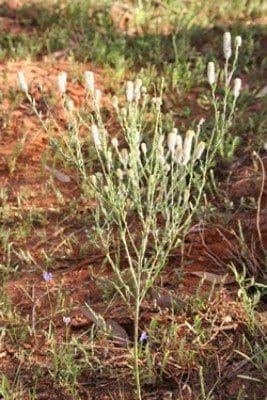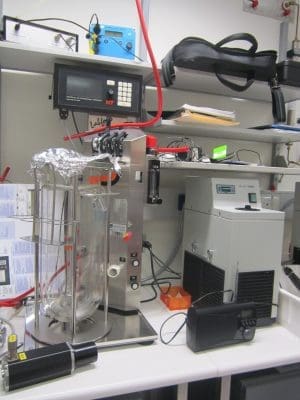Queensland cattle producers are being encouraged to collect Pimelea plant samples and assist scientists who are researching ways to stop cattle being poisoned by the toxic plant.
Scientists from the Department of Agriculture and Fisheries, and the University of Queensland joined with AgForce representatives to provide a Pimelea research project update to about 90 cattle producers at a forum in St George this week.
AgForce Southern Inland Queensland President Robyn Bryant said primary producers across Australia had lost hundreds of cattle to Pimelea poisoning in recent years, and the problem was getting worse.
“Pimelea is a native, toxic plant that occurs over one third of Australia’s pastoral area across five states causing seasonal cattle deaths, reduced weight gain in surviving cattle and rendering large pasture areas too risky for grazing,” she said.
“Graziers, stock agents, agribusinesses and councils between Winton in Queensland to the Broken Hill region in New South Wales desperately want answers to reduce the financial and emotional impacts of Pimelea, and this research project is the first step in that process.”
AgForce policy officer Marie Vitelli said scientists were using an artificial rumen (part of the cow’s stomach) which would be trickle fed Pimelea plant material to see what microbes survive.
“The researchers are looking at ways to break down or block the toxins in the rumen before it affects the small intestine and is fully absorbed by the cattle,” she said.
“Producers can help with Pimelea research by collecting plant material and allowing researchers to access cattle grazing on Pimelea-infested pastures so they can collect rumen fluid samples.
“The researchers are interested in examining cattle that have been affected by Pimelea as well as those not showing symptoms as they could hold the key to identifying microbes that can break down the plant toxins.”
The first stage of the research project is being funded by a group of cattle producers joining together to pledge cash and in-kind support, which had helped leverage co-matching funding from Meat and Livestock Australia’s Donor Company.
Mrs Bryant said AgForce also thanked AGL Energy for sponsoring the Pimelea research project update session in St George this week.
Source: AgForce


